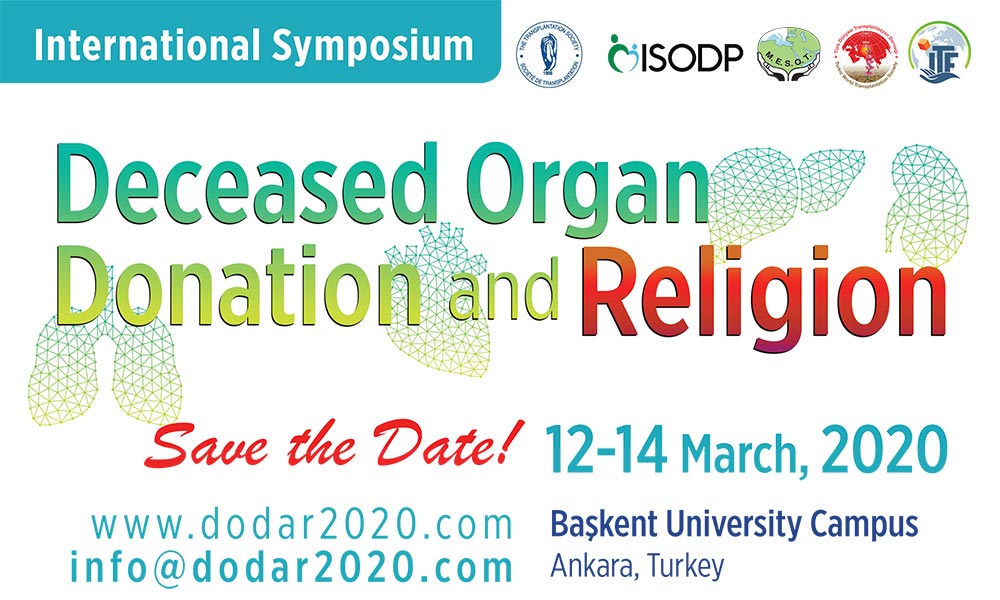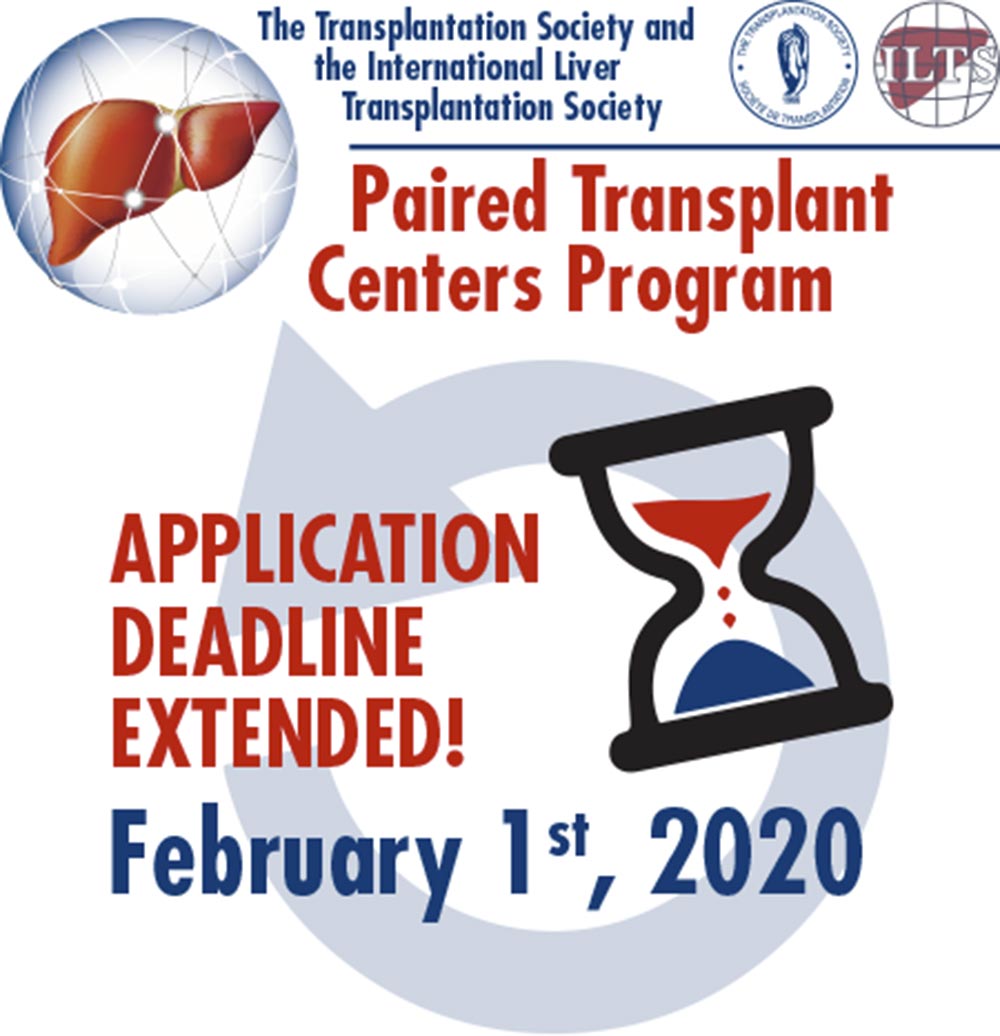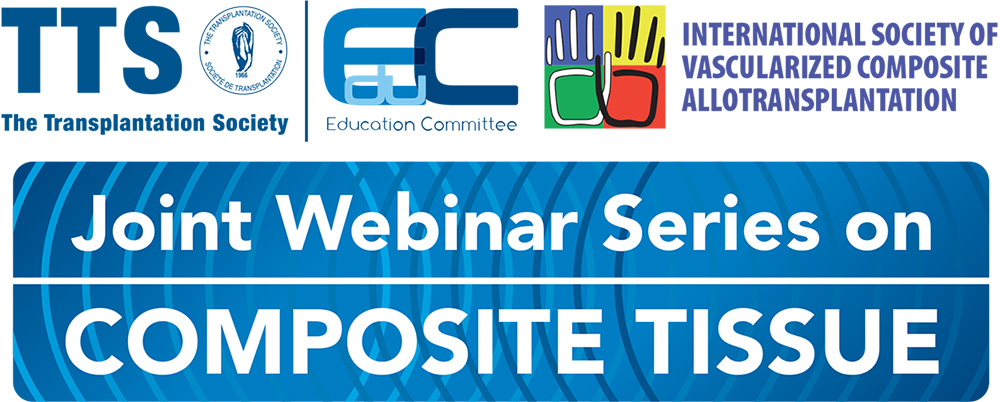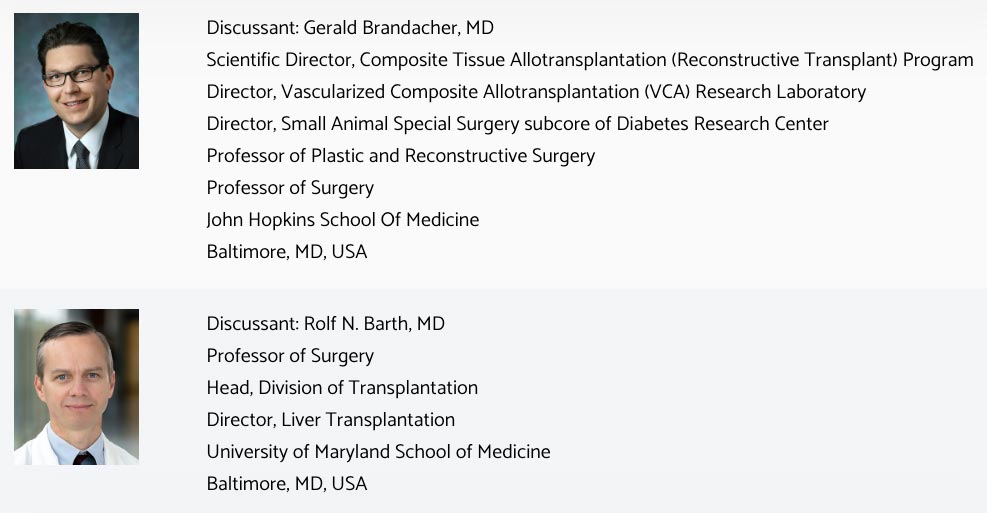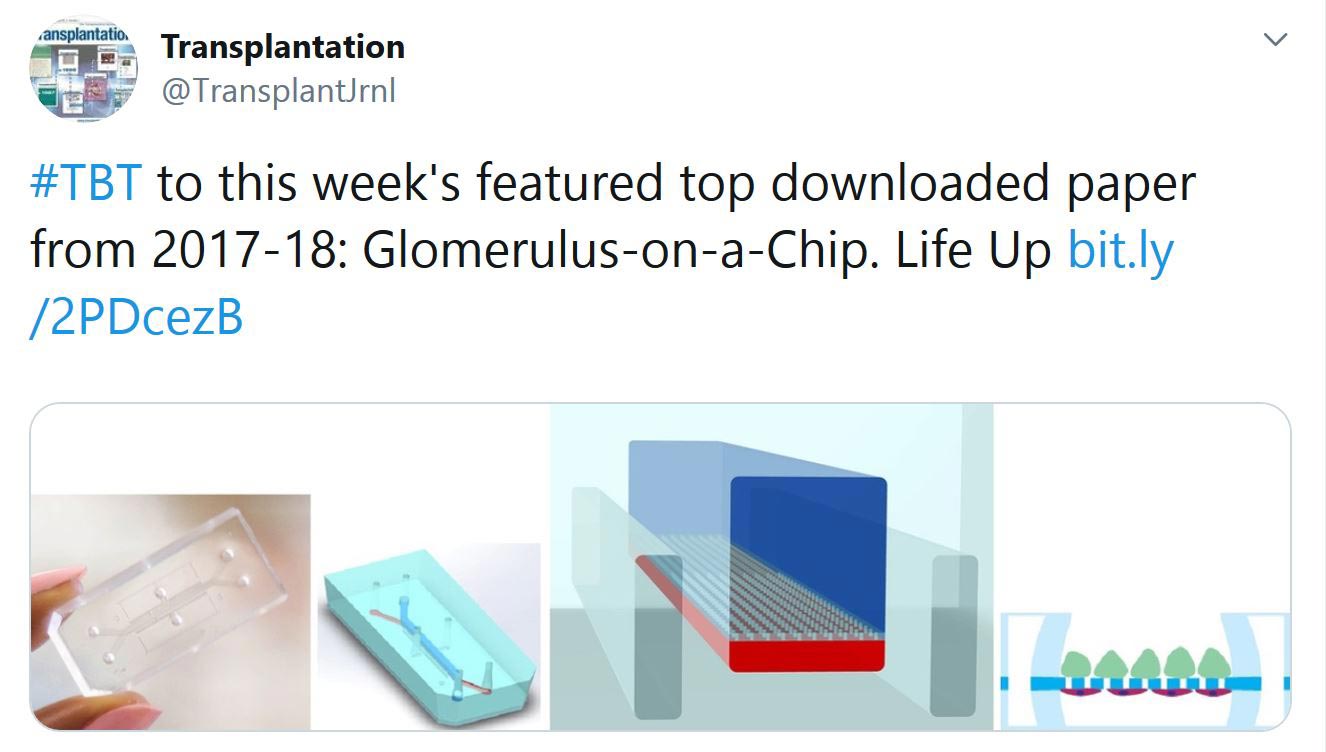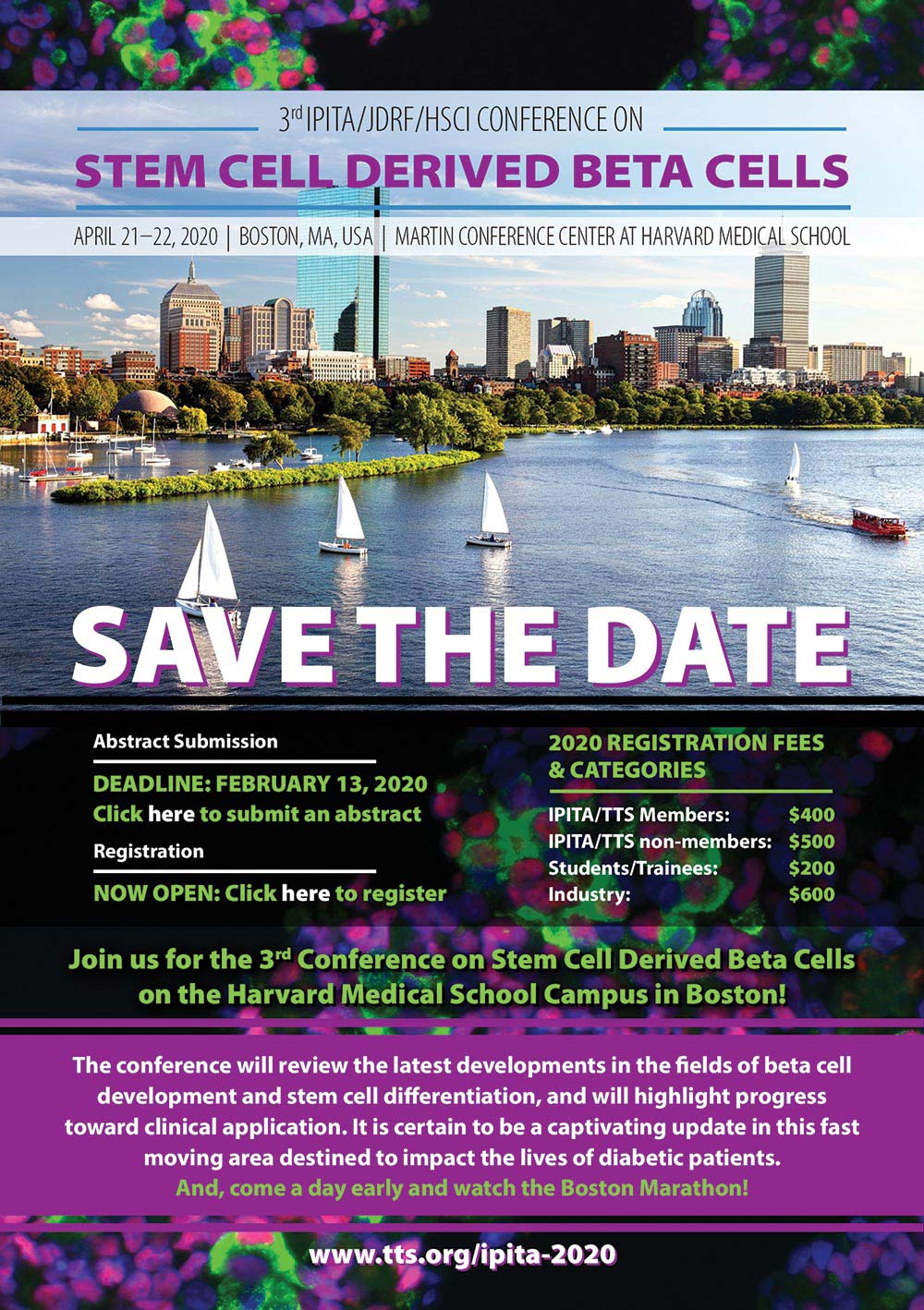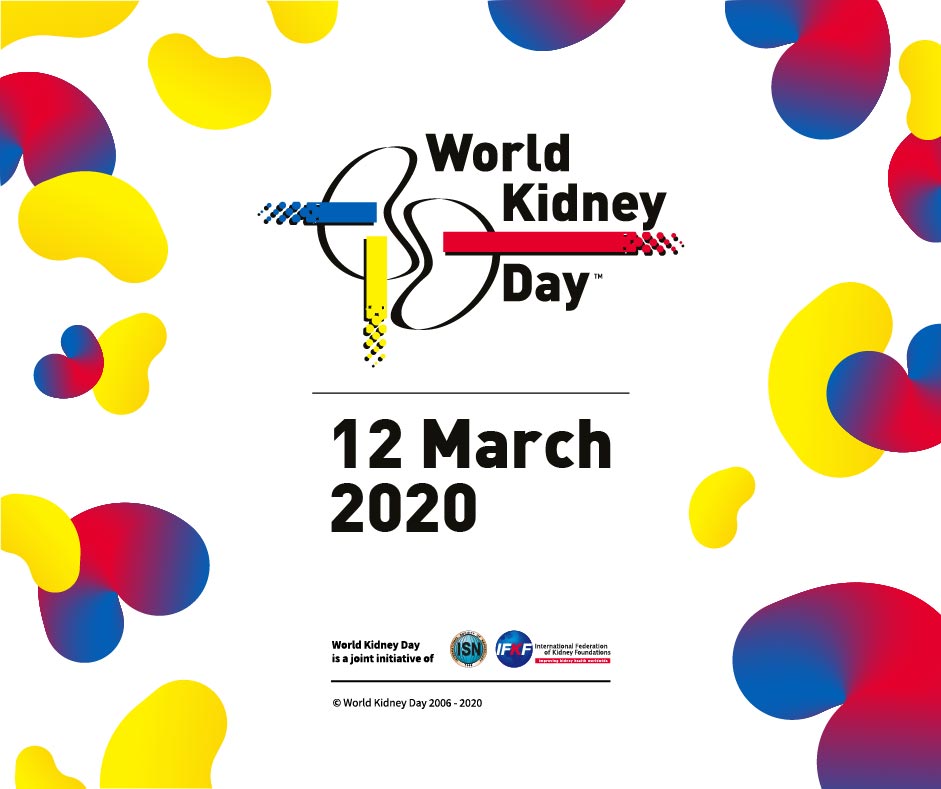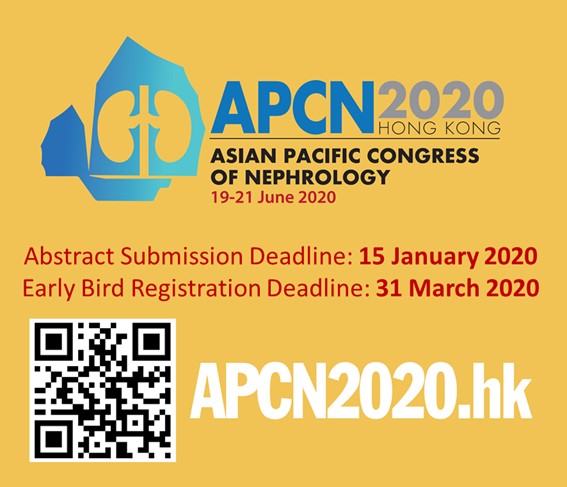
DECEASED ORGAN DONATION AND RELIGION SYMPOSIUM - MARCH 12-14, 2020 - ANKARA, TURKEY
Hotel rates start at $35 USD per night for single accommodation at the Symposium Hotel.
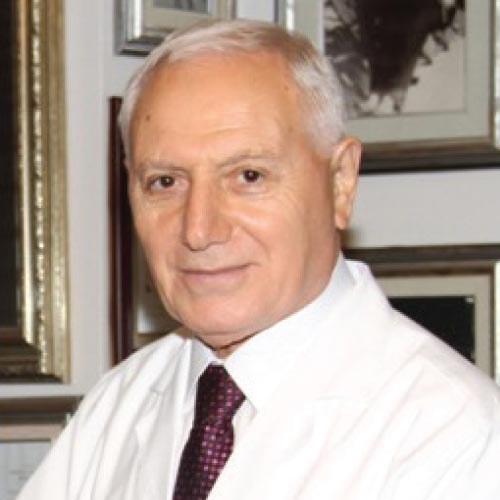 Dear Colleagues,
Dear Colleagues,
It is our great honor and privilege to welcome you to the Symposium on “Deceased Organ Donation and Religion” on March 12-14, 2020 in Ankara, Turkey.
Organ transplantation is accepted as a valid and advanced treatment method applied in many chronic organ diseases. However, millions of people die and are buried with healthy organs, which could save the lives of many patients who continue to wait on Transplant lists. Unfortunately, organ shortage is the greatest challenge facing the field of organ transplantation today.
Our aim as the transplant community should be to work towards a system of meeting the organ demand entirely with deceased organ donation. This will make an enormous difference to those patients awaiting transplants in which living organ donors are not an option.
However, cultural and religious beliefs play an important role in organ transplantation activities worldwide. In order to effectively continue to make the best use of the opportunities we have today, it is essential that we discuss the issue from the perspectives of different religions and explore ways to solve the problems caused by this issue.
In the light of these, we have decided to organize a Symposium on “Deceased Organ Donation and Religion” on March 12-14, 2020 in Ankara, Turkey. The Symposium will be held at the Baskent University Campus in Ankara to ensure our young colleagues and students are participated at the highest level.
We are delighted to welcome you to Ankara, Turkey for this Symposium, and we hope you enjoy the scientific sessions and the social events we have planned
Yours sincerely,

Mehmet Haberal, MD, FACS (Hon), FICS (Hon),
FASA (Hon), FIMSA (Hon), Hon FRCS (Glasg)
President, The Transplantation Society
Founder and Founder President, Baskent University
President of the Executive Supreme Board, Baskent University
Chair, Baskent University Division of Transplantation
TTS-ILTS PAIRED TRANSPLANT CENTERS PROGRAM
The TTS-ILTS Paired Transplant Centers Program is a collaboration between The Transplantation Society (TTS) and the International Liver Transplantation Society (ILTS) supporting new liver transplant programs in emerging countries.
YOUNG MEMBERS' SCIENTIFIC AWARDS

In order to help young members offset expenses to attend our Congress in Seoul, TTS 2020 will be offering Young Investigator Awards and International Transplantation Science Mentee-Mentor Awards. Award recipients will be selected on scientific merits (abstract submission deadline February 18, 2020).
Young Investigator Awards
To be eligible for the Young Investigator Awards, you need to apply by March 23, 2020, submit an abstract to the Congress, be a trainee (within 2 years of completion of their training and/or fellowship) and be a member of TTS.
International Transplantation Science Mentee-Mentor Awards
TTS in collaboration with National and International Societies acknowledges the contribution of basic science to the field of transplantation by offering Mentee-Mentor awards.
To be eligible, you need to apply by March 23, 2020, submit an abstract to the Congress, be a graduate student or trainee (within 5 years of receiving PhD, MD), both Mentee and Mentor must attend TTS 2020 and be member of both TTS and confirmed supporting Societies.
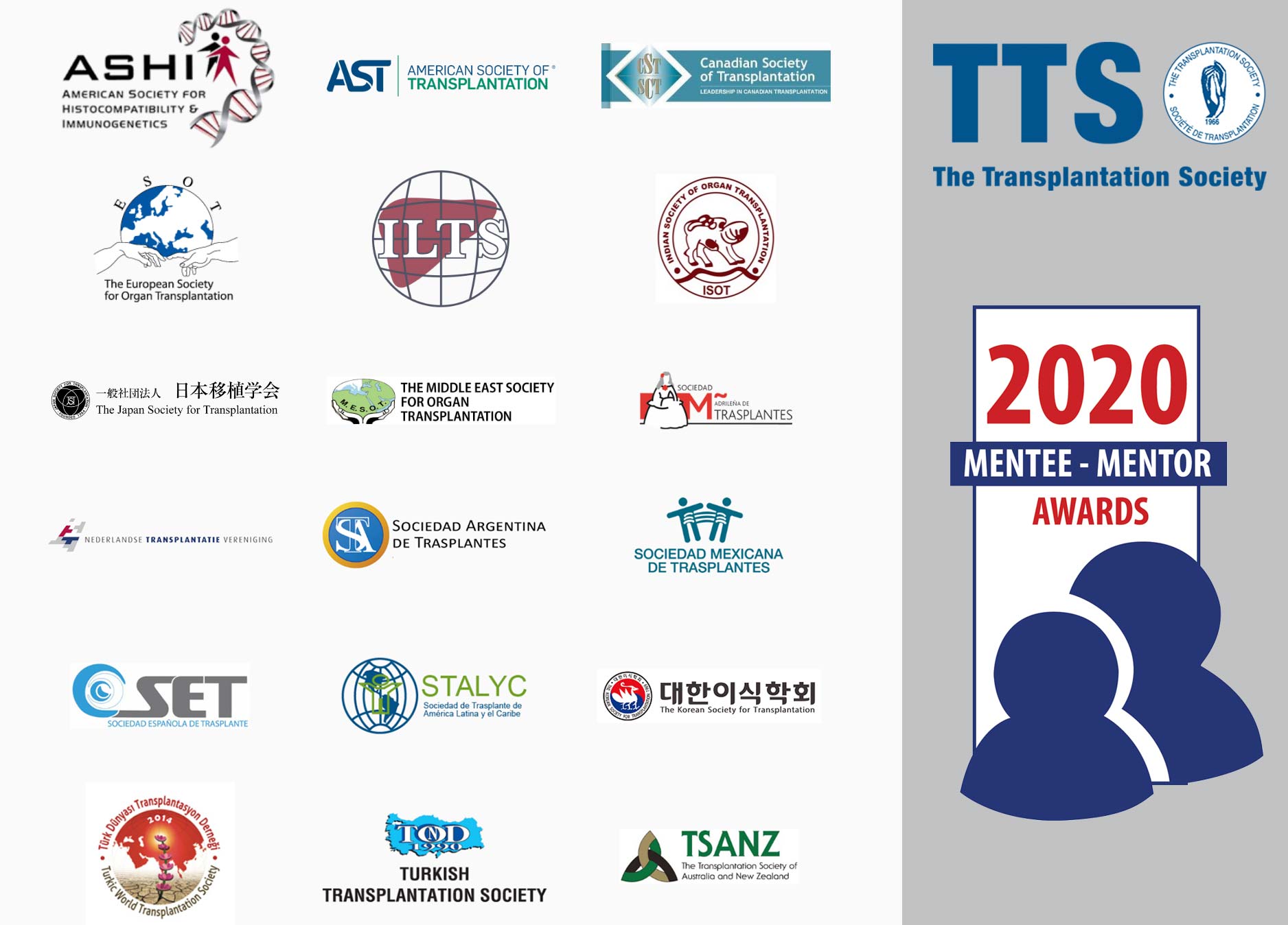
CLICK HERE FOR MORE INFORMATION
Abstract Submission NOW OPEN!
Submission deadline: February 18, 2020
If you are a TTS Member, we have setup an account for you in the system. You can retrieve your login credentials in the TTS Members area of tts.org.
TTS CALL FOR NOMINATIONS (PRESIDENT-ELECT, SECRETARY, TREASURER AND COUNCIL)
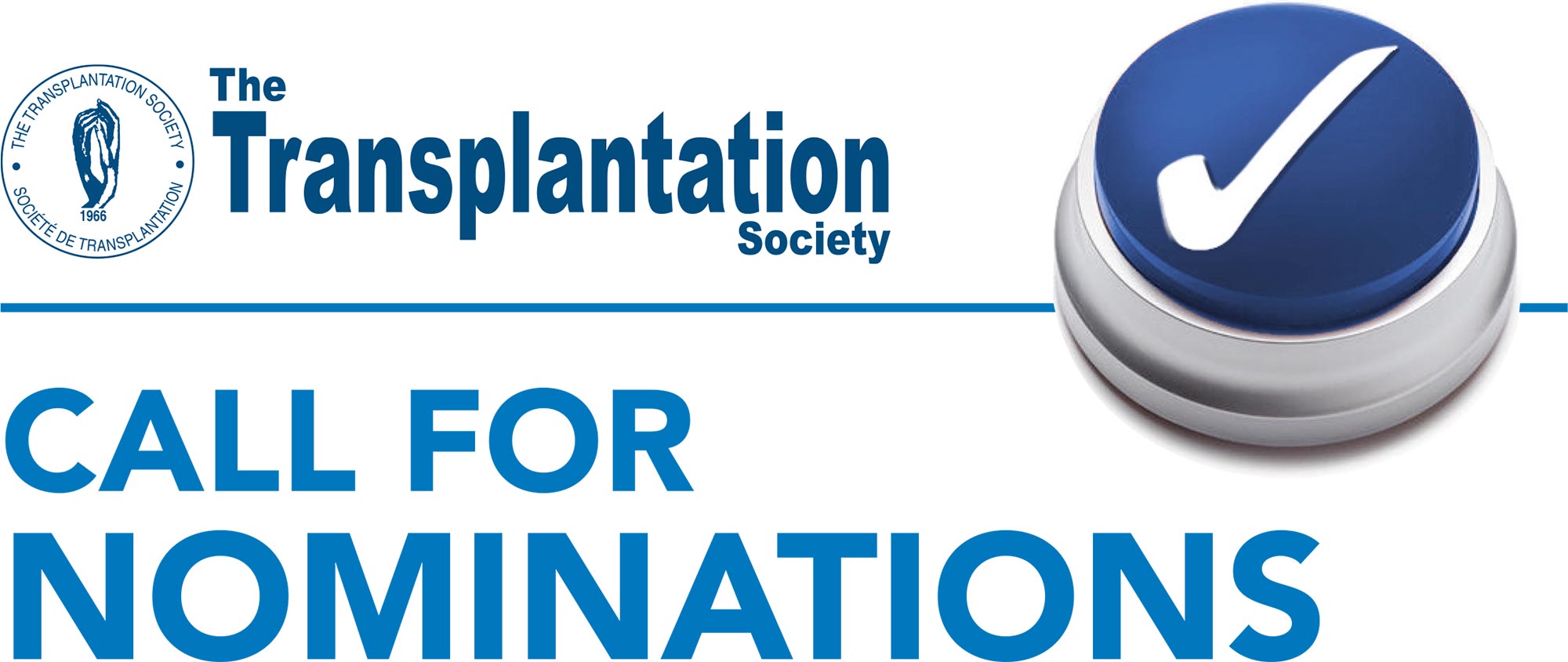
In 2020, three Officer positions will be vacated and 7 of the 12 Councilors-at-large representing the Regions will be changing. The elections will take place early in 2020 and those elected will assume their new roles starting at the 2020 TTS Congress in Seoul.
Members can access the online nominating form at www.tts.org/nominations. Since each nominee must have his or her form signed by three supporting members (including him/herself), the online process allows for efficient and rapid circulation.
THE NOMINATION DEADLINE IS FEBRUARY 14, 2020.
Please note:
- As successive presidents may not be from the same Region, members from the North America region who would have otherwise been eligible to become President-Elect are not eligible in these elections.
- Only full members who have served a full term on Council and have paid their dues are eligible for the Officer positions (President-Elect, Secretary and Treasurer).
- Only full members who have paid these dues are eligible to be nominated for Council.
- Only full members who have paid their dues may nominate and/or vote.
For more information on elections, visit the TTS website and consult the By-Laws in the “About” section.
Nominations are being sought for these positions
Officer Positions:
- President-Elect
- Secretary
- Treasurer
TTS Regions:
- Asia (2)
- Europe (1)
- Latin America (2)
- North America (2)
MONDAY, JANUARY 27 - WEBINAR ANNOUNCEMENT
TITLE: IMMUNOLOGY OF VCA
MONDAY, JANUARY 27, 2020 3:00PM EST (MONTREAL TIME)
Objectives:
To provide an overview on similarities and differences identified in VCA vs solid organ transplants.
TRANSPLANTATION - HIGHLIGHTED ARTICLE

Dr. Karen Keung, Editorial Fellow, Transplantation
CMV-specific cell-mediated immunity at 3-month prophylaxis withdrawal discriminates D+/R+ kidney transpalnts at risk of late-onset CMV infection regardless the type of induction therapy
Jarque M, Melilli E, Crespo E
Transplantation: 2018, 102: e472-e480
Evaluation of cytomegalovirus (CMV)-specific cell-mediated immunity (CMI) to identify patients at risk of CMV infection post-transplant has been an area of growing interest. In this prospective cohort of 96 CMV IgG D+/R+ patients who received either rATG(n=46) or anti-IL2RA (n=50) induction therapy, the authors assessed the CMV-specific CMI at the time of anti-viral prophylaxis cessation 3 months post-transplant, to identify patients at risk of subsequent late-onset CMV infection. CMV-specific CMI was measured by an interferon-gamma ELISpot assay against two CMV antigens (IE-1 and pp65). 14 patients (14.6%; rATG n=7, anti-IL2RA n=7) developed CMV infection and demonstrated significantly lower CMV-specific CMI frequencies compared to patients who did not, regardless of induction therapy type. The authors also identified CMI cut-offs by ROC curve analysis against each CMV antigen that stratified patients into high and low risk groups for subsequent infection. These findings suggest assessment of CMV-specific CMI at 3- months prophylaxis cessation, irrespective of induction therapy type, could assist in risk stratification for late-onset CMV infection.
TRANSPLANTATION - WEEK'S MOST DOWNLOADED PAPER
IN THE NEWS
ORGAN DONATION: NEW TECHNIQUE CAN PRESERVE HUMAN LIVERS FOR A WEEK
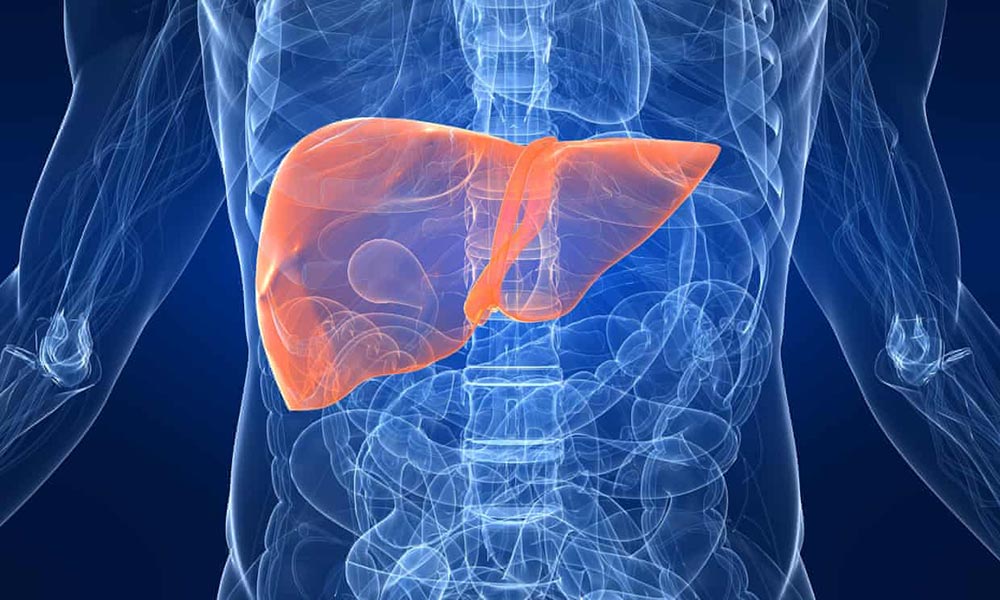
Jan. 14 - Human livers from organ donors can now be preserved for a week, researchers have revealed, a dramatic improvement on previous techniques, which could only keep the organs usable for a matter of hours.
INVESTIGATORS SUGGEST EXPANDING DONOR POOL WITH DISCARDED KIDNEYS

Jan. 14 - With an emphasis of expanding the donor pool, investigators are looking at discarded kidneys to increase the amount of donor kidneys available. New data suggests the transplant community should expand their use of deceased donor acute kidney injury (AKI) kidneys and investigator whether currently discarded AKI kidneys can be effectively used.
SECOND BABY IN THE US BORN FROM TRANSPLANTED UTERUS OF DECEASED DONOR
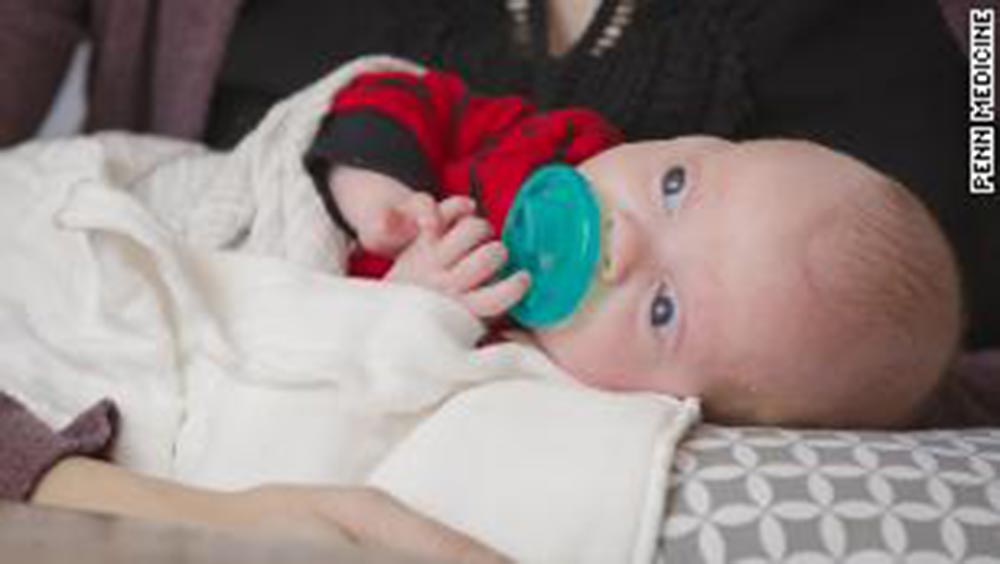
Jan. 10 - Jennifer Gobrecht always knew she would be a mother someday, but her birth experience was one she couldn't have imagined. Gobrecht is the mother of the second baby in the United States to ever have been born from the transplanted uterus of a deceased donor. Gobrecht, 33, successfully gave birth via cesarean section to Benjamin Thomas Gobrecht in November as part of an ongoing trial to study uterine transplantation as a treatment option for women facing infertility.
BACTERIA CAUSE MAJORITY OF INFECTIONS IN FIRST YEAR AFTER SOLID ORGAN TRANSPLANT
Jan. 12 - Solid organ transplant recipients experienced a high burden of infections, more than half of which were due to bacteria, in the first year after transplant, according to an analysis of patients in the Swiss Transplant Cohort Study.
NANOPARTICLES DELIVER 'SUICIDE GENE' THERAPY TO PEDIATRIC BRAIN TUMORS GROWING IN MICE
Jan. 8 - Johns Hopkins researchers report that a type of biodegradable, lab-engineered nanoparticle they fashioned can successfully deliver a “suicide gene” to pediatric brain tumor cells implanted in the brains of mice. The poly(beta-amino ester) nanoparticles, known as PBAEs, were part of a treatment that also used a drug to kill the cells and prolong the test animals’ survival.
MSC-DONATED MITOCHONDRIA INCREASE FUNCTIONAL VIABILITY OF ISLET BETA CELL TRANSPLANTATION FOR TREATING DIABETES

Jan. 13 - Allogenic transplantation of insulin-secreting islet β-cells offers the possibility of treating type 1 diabetes (T1D); however, the stress islets undergo during preparation for transplantation compromises their functional viability and poses a major obstacle to their adoption as a treatment for the majority of patients. A study released in Stem Cells offers information to help overcome this drawback.
UPCOMING MEETINGS AND ANNOUNCEMENTS
3rd IPITA/JDRF/HSCI Conference on Stem Cell Derived Beta Cells
18th Asian Pacific Congress of Nephrology (APCN)
Contact
Address
The Transplantation Society
International Headquarters
740 Notre-Dame Ouest
Suite 1245
Montréal, QC, H3C 3X6
Canada
Используйте Вавада казино для игры с бонусом — активируйте промокод и начните выигрывать уже сегодня!

